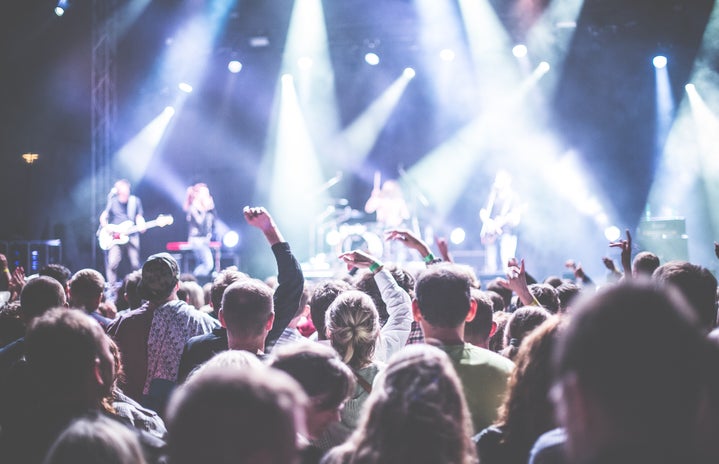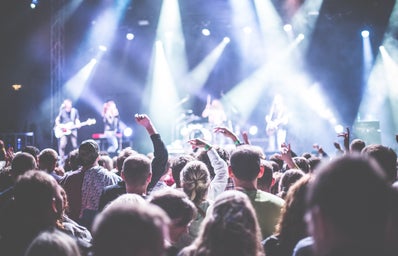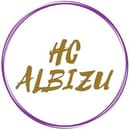I’m not Zero Waste (yet) but I’m super inspired by people who are and want to see what it takes to follow in their footsteps. That’s why I decided to do a little bit of research about what it is and how to do it best. Here’s what I found…
What is Zero Waste?
Zero Waste in short is a lifestyle/philosophy that encourages us to redesign how we live so that every resource that we use is reusable, not disposable. The end goal? To produce as little waste as possible to reduce (then completely eliminate) the amount waste going into landfill and incinerators. It makes you think, right? You go out for food and you get a plastic cup with a plastic lid and a straw, all things you will use to eat your meal and then toss away. Then you go grocery shopping and put all of your produce in independent plastic bags that you will eventually toss away. Then you go to the gym and you buy a plastic water bottle to quench your thirst, which again, will end up in the trashcan. Almost everywhere we go and everything we do involves us generating waste (***Cue the millennial freak out!!***).
Why go Zero Waste?
After I started reading more about it, I became curious about how much waste we actually generate. I started seeing how often we take out the trash at home. Then, I remembered that when I was in college, my three roommates and I took out one big white Glad bag EVERY SINGLE DAY! I became a little paranoid and kept researching. I obviously learned a lot. For example, according to the United States Environmental Protection Agency (EPA), Americans alone generate 4.40 pounds of waste per person per day. In Puerto Rico, the same metric indicates that we are generating even more waste than Americans. According to a report made for the EPA, Puerto Ricans generate 5.18 pounds of waste per person per day.
Going Zero Waste, a website sharing all things Zero Waste, argues that this philosophy seeks to redefine the system, referring to our “linear economy”, where we put everything we use into a giant hole in the ground. Zero Waste aims to change that system and reduce (until we can completely eliminate) waste. Eliminate waste? Now that is a novel idea! It will take years, a lot of patience, effort, and education but it is no longer acceptable to conveniently ignore the fact that our planet is degenerating because of our own wrong doing.
The benefits of going Zero Waste
I found out that there is a Zero Waste International Alliance and that it promotes the implementation of this philosophy around the world through education and practical application. Essentially, they believe that raising awareness and promoting a Zero Waste lifestyle can reduce the amount of waste that ends up in landfills but also (wait for it) provide social and economic benefits for societies and nations! Apparently, Zero Waste, as a resource, can create new jobs and business opportunities. That sold me! So, not only can going Zero Waste significantly lower the amount of waste we are sending to landfills and help the environment, it can also improve our economy!
A real-life Zero Waste Puerto Rican
My good friend Beatriz, a San Juan-based architect, is my personal Zero Waste inspiration! I’m so inspired by the way she has started creating a sustainable Zero Waste lifestyle right her in Puerto Rico. She only did Zero Waste gifts for Christmas (and my birthday!), carries a wooden fork/spoon/knife artifact everywhere so that she does not have to use plastic cutlery when she eats out, and is trying to get our local supermarkets to give her meat in her own meat-safe reusable bags (spoiler alert: an uphill battle!). Yup, badass!
I sat down to her and asked her a couple of questions about her inspiration to start living Zero Waste and the challenges she has found along the way. She says that is has not been that challenging to change the way she goes grocery shopping (except the meat debacle) and that it has become a new practice refusing to be given plastic cutlery and straws when she goes out to eat. Little changes here and there to start and then completely committing to the lifestyle seems to be ideal. I was specifically curious to see what, in her opinion, are the particular challenges to doing Zero Waste in Puerto Rico, where even recycling is hard and not always effective. She responded affirming back my question: “Zero Waste is so important in Puerto Rico precisely because recycling is hard and not always effective”. It made so much sense to me. Here in Puerto Rico, we barely recycle (effectively) and we have not yet transition to eco-friendly products that can be composted after use. Therefore, Zero Waste is a worth-while lifestyle to pursue in order to individually start changing the way we think and behave in regards to waste. And as we’ve seen again and again in history, many individuals moving in a particular direction can have a long-lasting effect on real change.
Moving forward
Now I’m super inspired to start my own journey as a “Zero Waster” (do we get matching T-shirts?). I’m especially inspired to start raising awareness about how much waste we send to landfills in my island. We are a small island with a lot of people, most of our waste ends up in our rivers and beaches. So, I’m committing to do my part to reduce the waste I produce and hopefully inspire a few of you out there to do the same!
Some inspiring links to help you get started:
http://trashisfortossers.com/a-beginners-guide-to-zero-waste-living-ps-i…



